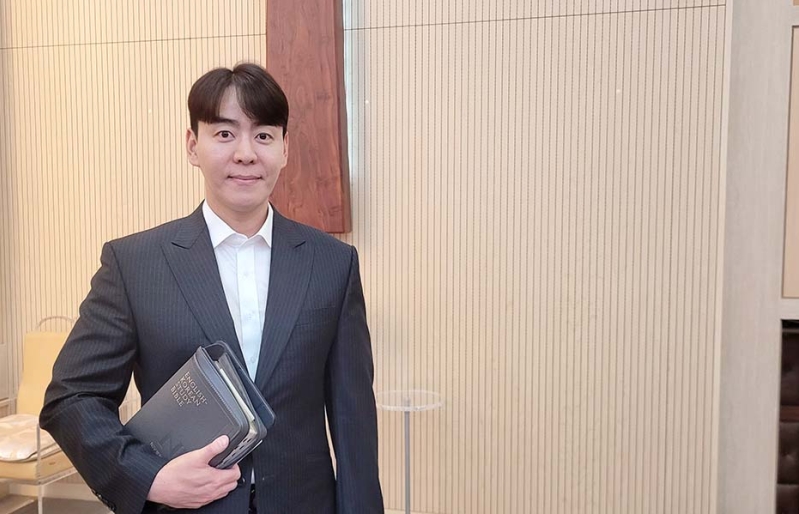
Incheon Jeil Church, led by Senior Pastor Lee Jaeil, held a commissioning service on June 29 for its second cohort of “Vision Missionaries,” a ministry initiative aimed at equipping lay Christians to live missionally in their everyday lives.
According to Christian Today Korea, Pastor Lee emphasized that the goal of the program is not to raise institutional representatives, but to form individuals whose lives themselves testify to the Gospel. “We want each member’s life to be a channel through which others encounter God,” he said during the service.
A Missional Life Rooted in the Everyday
The Vision Missionary initiative, first launched during the church’s 10th anniversary in 2023, seeks to bridge the gap between faith and practice. Last year, 33 members were sent out in the inaugural cohort. This year, the church has officially commissioned its second class, reinforcing its commitment to grassroots missions.
Participants undergo rigorous spiritual formation. As Christian Today Korea reports, trainees are required to read documents such as the Lausanne Movement’s Cape Town Commitment, reflect on their personal calling, and even write their own will—a symbolic act of surrender to God’s mission.
Transformative Acts of Generosity
The first cohort also engaged in social outreach through what the church calls the “Hannsem Project,” where missionaries collected small personal savings and used the funds to purchase rice for low-income households in the local community. These acts of compassion were more than charitable deeds—they were intentional efforts to embody the Gospel in tangible ways.
Pastor Lee described these efforts as a “visible fruit of invisible identity,” affirming that the members were not merely performing tasks, but expressing who they are in Christ.
A Post-COVID Ministry Paradigm
Reflecting on the post-pandemic reality of Korean churches, Pastor Lee noted that the disconnect between what Christians say and how they live has contributed to public distrust. “We are entering a new season. Traditional discipleship models must be reimagined to align with today’s missional needs,” he said.
The Vision Missionary program, in this context, represents a deliberate move away from performance-based religiosity toward lifestyle-based witness.
A Movement Beyond the Local Church
Interest in the Vision Missionary framework is growing. According to Christian Today Korea, churches such as Cheongju Sangdang Church and Mallihyeon Holiness Church are exploring similar models. Handong Global University is also considering introducing a customized training program for college students based on this model.
Pastor Lee articulated a broader vision, stating, “The goal of sending 3,000 Vision Missionaries is not just about our church. It’s a call to raise up the next generation of believers who live and breathe the Gospel on their campuses, in their workplaces, and in society.”
The Vision Missionary movement, rooted in the local church yet expanding beyond it, continues to shape a fresh model of Christian witness in South Korea—one that redefines missions as a way of life.
This articls is revised and organized version of the original article by Christian Today.






